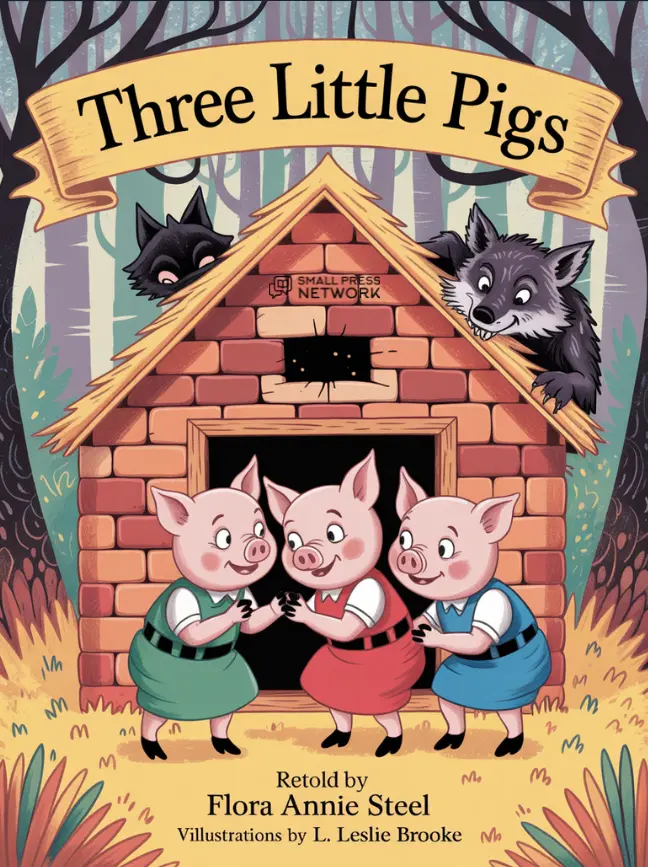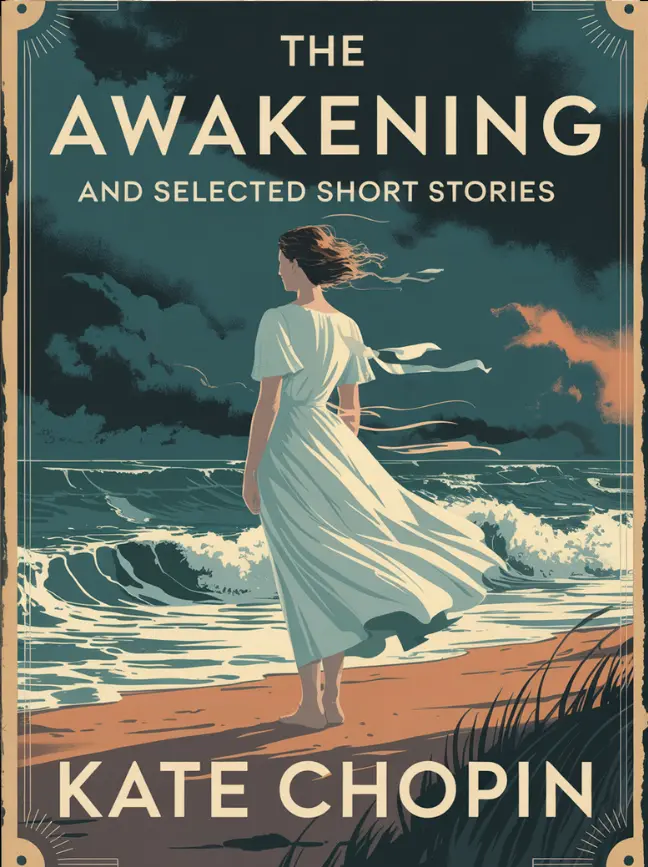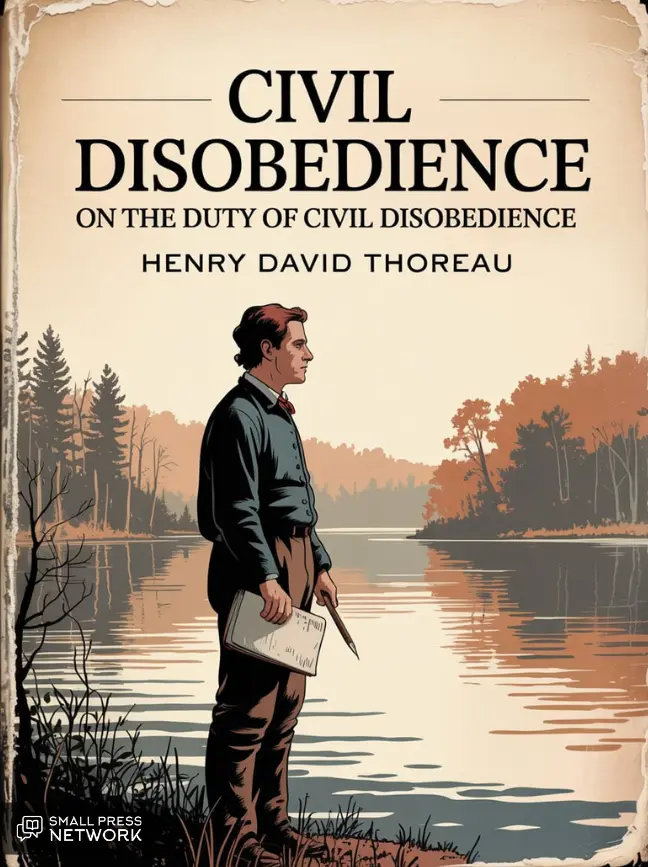332
Chapter VIII
The war was flaming up and nearing the Russian frontier. Everywhere one heard curses on Bonaparte, “the enemy of mankind.” Militiamen and recruits were being enrolled in the villages, and from the seat of war came contradictory news, false as usual and therefore variously interpreted. The life of old Prince Bolkónski, Prince Andrew, and Princess Mary had greatly changed since 1805.
In 1806 the old prince was made one of the eight commanders in chief then appointed to supervise the enrollment decreed throughout Russia. Despite the weakness of age, which had become particularly noticeable since the time when he thought his son had been killed, he did not think it right to refuse a duty to which he had been appointed by the Emperor himself, and this fresh opportunity for action gave him new energy and strength. He was continually traveling through the three provinces entrusted to him, was pedantic in the fulfillment of his duties, severe to cruel with his subordinates, and went into everything down to the minutest details himself. Princess Mary had ceased taking lessons in mathematics from her father, and when the old prince was at home went to his study with the wet nurse and little Prince Nicholas (as his grandfather called him). The baby Prince Nicholas lived with his wet nurse and nurse Sávishna in the late princess’ rooms and Princess Mary spent most of the day in the nursery, taking a mother’s place to her little nephew as best she could. Mademoiselle Bourienne, too, seemed passionately fond of the boy, and Princess Mary often deprived herself to give her friend the pleasure of dandling the little angel—as she called her nephew—and playing with him.
Near the altar of the church at Bald Hills there was a chapel over the tomb of the little princess, and in this chapel was a marble monument brought from Italy, representing an angel with outspread wings ready to fly upwards. The angel’s upper lip was slightly raised as though about to smile, and once on coming out of the chapel Prince Andrew and Princess Mary admitted to one another that the angel’s face reminded them strangely of the little princess. But what was still stranger, though of this Prince Andrew said nothing to his sister, was that in the expression the sculptor had happened to give the angel’s face, Prince Andrew read the same mild reproach he had read on the face of his dead wife: “Ah, why have you done this to me?”
Soon after Prince Andrew’s return the old prince made over to him a large estate, Boguchárovo, about twenty-five miles from Bald Hills. Partly because of the depressing memories associated with Bald Hills, partly because Prince Andrew did not always feel equal to bearing with his father’s peculiarities, and partly because he needed solitude, Prince Andrew made use of Boguchárovo, began building and spent most of his time there.
After the Austerlitz campaign Prince Andrew had firmly resolved not to continue his military service, and when the war recommenced and everybody had to serve, he took a post under his father in the recruitment so as to avoid active service. The old prince and his son seemed to have changed roles since the campaign of 1805. The old man, roused by activity, expected the best results from the new campaign, while Prince Andrew on the contrary, taking no part in the war and secretly regretting this, saw only the dark side.
On February 26, 1807, the old prince set off on one of his circuits. Prince Andrew remained at Bald Hills as usual during his father’s absence. Little Nicholas had been unwell for four days. The coachman who had driven the old prince to town returned bringing papers and letters for Prince Andrew.
333
Not finding the young prince in his study the valet went with the letters to Princess Mary’s apartments, but did not find him there. He was told that the prince had gone to the nursery.
“If you please, your excellency, Pétrusha has brought some papers,” said one of the nursemaids to Prince Andrew who was sitting on a child’s little chair while, frowning and with trembling hands, he poured drops from a medicine bottle into a wineglass half full of water.
“What is it?” he said crossly, and, his hand shaking unintentionally, he poured too many drops into the glass. He threw the mixture onto the floor and asked for some more water. The maid brought it.
There were in the room a child’s cot, two boxes, two armchairs, a table, a child’s table, and the little chair on which Prince Andrew was sitting. The curtains were drawn, and a single candle was burning on the table, screened by a bound music book so that the light did not fall on the cot.
“My dear,” said Princess Mary, addressing her brother from beside the cot where she was standing, “better wait a bit… later…”
“Oh, leave off, you always talk nonsense and keep putting things off—and this is what comes of it!” said Prince Andrew in an exasperated whisper, evidently meaning to wound his sister.
“My dear, really… it’s better not to wake him… he’s asleep,” said the princess in a tone of entreaty.
Prince Andrew got up and went on tiptoe up to the little bed, wineglass in hand.
“Perhaps we’d really better not wake him,” he said hesitating.
“As you please… really… I think so… but as you please,” said Princess Mary, evidently intimidated and confused that her opinion had prevailed. She drew her brother’s attention to the maid who was calling him in a whisper.
It was the second night that neither of them had slept, watching the boy who was in a high fever. These last days, mistrusting their household doctor and expecting another for whom they had sent to town, they had been trying first one remedy and then another. Worn out by sleeplessness and anxiety they threw their burden of sorrow on one another and reproached and disputed with each other.
“Pétrusha has come with papers from your father,” whispered the maid.
Prince Andrew went out.
“Devil take them!” he muttered, and after listening to the verbal instructions his father had sent and taking the correspondence and his father’s letter, he returned to the nursery.
“Well?” he asked.
“Still the same. Wait, for heaven’s sake. Karl Ivánich always says that sleep is more important than anything,” whispered Princess Mary with a sigh.
Prince Andrew went up to the child and felt him. He was burning hot.
“Confound you and your Karl Ivánich!” He took the glass with the drops and again went up
to the cot.
“Andrew, don’t!” said Princess Mary.
But he scowled at her angrily though also with suffering in his eyes, and stooped glass in hand over the infant.
334
“But I wish it,” he said. “I beg you—give it him!”
Princess Mary shrugged her shoulders but took the glass submissively and calling the nurse began giving the medicine. The child screamed hoarsely. Prince Andrew winced and, clutching his head, went out and sat down on a sofa in the next room.
He still had all the letters in his hand. Opening them mechanically he began reading. The old prince, now and then using abbreviations, wrote in his large elongated hand on blue paper as follows: Have just this moment received by special messenger very joyful news—if it’s not false.
Bennigsen seems to have obtained a complete victory over Buonaparte at Eylau. In Petersburg everyone is rejoicing, and the rewards sent to the army are innumerable. Though he is a German—I congratulate him! I can’t make out what the commander at Kórchevo—a certain Khandrikóv—is up to; till now the additional men and provisions have not arrived.
Gallop off to him at once and say I’ll have his head off if everything is not here in a week.
Have received another letter about the Preussisch-Eylau battle from Pétenka—he took part in it—and it’s all true. When mischief-makers don’t meddle even a German beats Buonaparte.
He is said to be fleeing in great disorder. Mind you gallop off to Kórchevo without delay and carry out instructions!
Prince Andrew sighed and broke the seal of another envelope. It was a closely written letter of two sheets from Bilíbin. He folded it up without reading it and reread his father’s letter, ending with the words: “Gallop off to Kórchevo and carry out instructions!”
“No, pardon me, I won’t go now till the child is better,” thought he, going to the door and looking into the nursery.
Princess Mary was still standing by the cot, gently rocking the baby.
“Ah yes, and what else did he say that’s unpleasant?” thought Prince Andrew, recalling his father’s letter. “Yes, we have gained a victory over Bonaparte, just when I’m not serving.
Yes, yes, he’s always poking fun at me…. Ah, well! Let him!” And he began reading Bilíbin’s letter which was written in French. He read without understanding half of it, read only to forget, if but for a moment, what he had too long been thinking of so painfully to the exclusion of all else.





